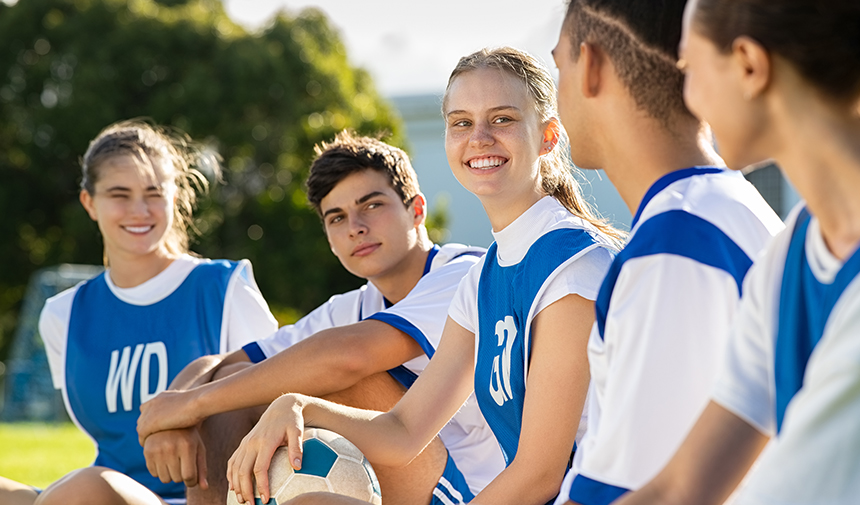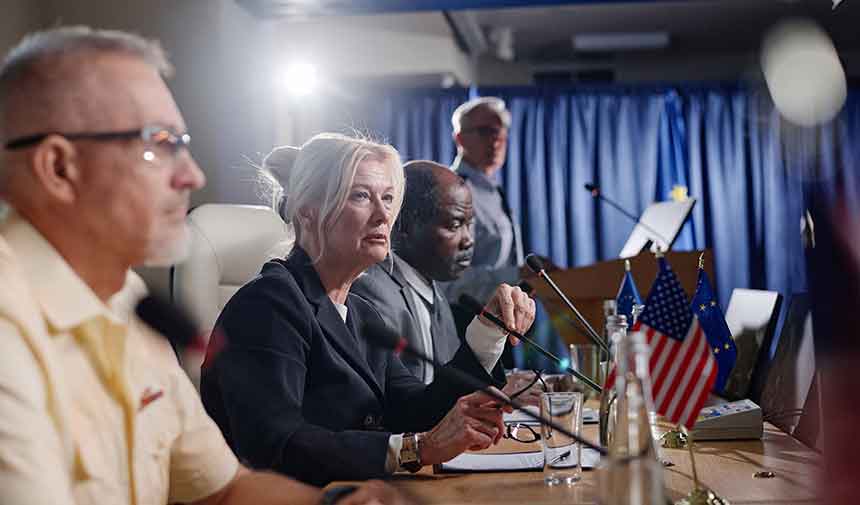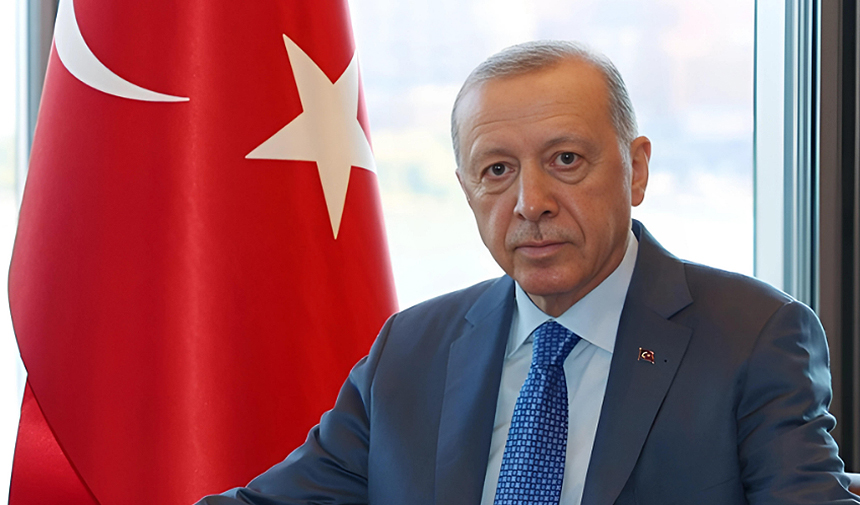Sport plays an important role in children’s development. It supports both their physical and mental development. An active lifestyle helps young people grow up healthy, while also improving their social skills. Young athletes have the opportunity to develop important skills such as teamwork, leadership and problem solving.
On the physical side, regular exercise promotes muscle development, increases bone density and reduces the risk of obesity. Sport also reduces stress, increases energy levels and improves sleep quality in young people. However, it also has positive effects on mental health. Sport increases self-confidence, teaches discipline and improves focus. Furthermore, the experiences of losing and winning strengthen young people’s emotional intelligence.
Young athletes also develop social skills. Team sports increase cooperation and communication skills, while individual sports strengthen a sense of personal responsibility. Sport also allows young people to expand their social circle and make new friends. This increases young people’s empathy and cooperation abilities and allows them to interact with different cultures.
However, the impact of sport on young people is not only positive. Overtraining can increase the risk of injury and an overly competitive environment in young people can cause stress and anxiety. Therefore, it is important to implement sport in a balanced way and take appropriate measures to protect young people’s physical and mental health.
In conclusion, sport contributes significantly to the healthy development of young people. It has positive effects on both physical and mental health and helps young people develop their social skills. However, it is important that sport is practiced in a balanced way and directed in accordance with the needs of young people.



